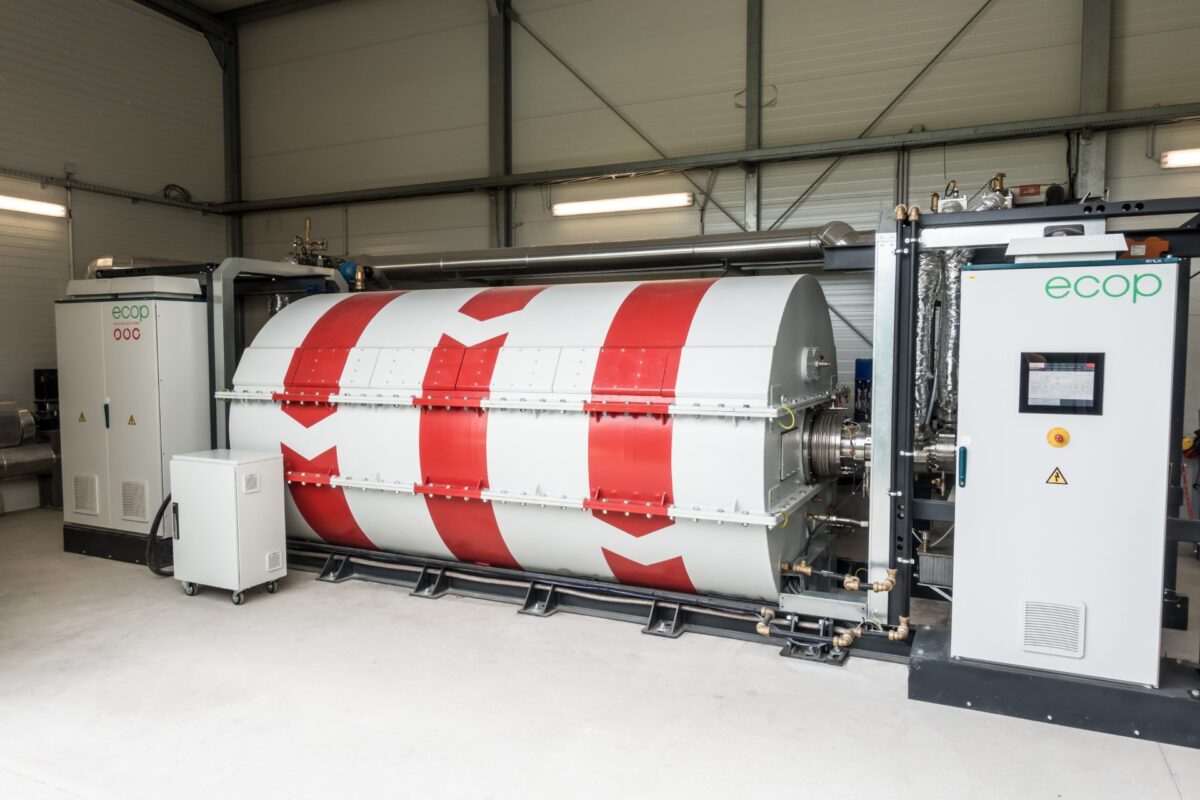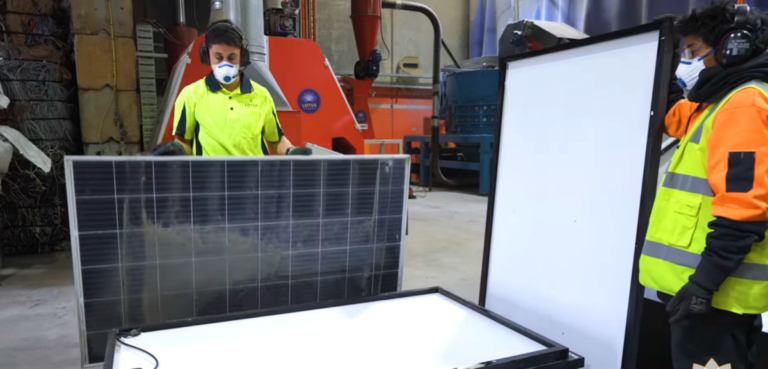Australia-based solar panel recycling company Lotus Energy has signed an agreement with Canadian silicon anode developer Neo Battery Materials aimed at meeting the future needs of North American electric vehicles and energy storage.
Melbourne-based solar panel recycling company Lotus Energy has signed an agreement with Canadian silicon anode developer Neo Battery Materials to collaborate on the development of a silicon anode product.
The two companies plan to market directly to battery cell, electronics and automotive manufacturers and are exploring other opportunities in North America to establish a presence in silicon recycling.
CEO of Lotus Energy, Anthony Vippond, said the family business is excited about the partnership.
“We are aligned in our beliefs about the importance of nano- and micro-silicon applied in batteries, using recycled materials to minimize environmental impact,” said Vippond.
“The energy storage industry will make tremendous progress, and we aim to be part of the team that makes the quantum leaps we seek – and that we all need – to enable renewables to meet base load and peak demand in energy.”
Lotus expects to reach a volume of 3,600 kg per year by 2024 and expand to 120,000 kg per year for the Melbourne factory. Lotus is planning facilities in Sydney and Germany by 2026 to supply its high-purity nano-silicon to a variety of industrial and electronic applications.
Ontario-based Neo Battery Materials CEO Spencer Huh said the partnership aligns with the company’s strategic vision for sustainability, innovation and supply chain resilience.
“Following our collaboration with INNOX eco-M, this collaboration with Lotus will add a new layer of depth and complexity to Neo’s research and development to use recycled silicon as the main raw material source,” Huh said.
In the face of a deluge of solar panels at the end of their lifespanHuh said the collaboration will enable Neo to secure a large portion of environmental, social and governance (ESG)-friendly input precursors to move away from metallurgical-grade silicon produced from carbothermal processes that emit greenhouse gases (GHG). ) expel.
Lotus Energy has a proprietary recycling process that implements heat and chemical treatment without the use of hazardous solvents and materials, eliminating environmental risks and reducing unnecessary production costs and overhead.
Neo also uses a patent-protected process and built its first commercial factory in South Korea, aiming to become a global leader in silicon anode materials for the electric vehicle and energy storage industries.
This content is copyrighted and may not be reused. If you would like to collaborate with us and reuse some of our content, please contact: editors@pv-magazine.com.
Popular content



